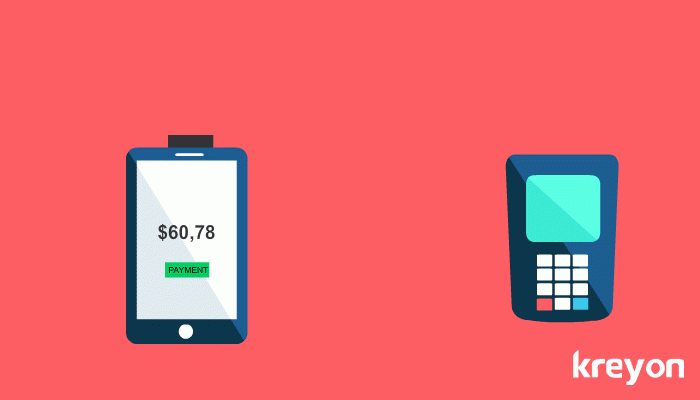Your credit score is an important factor in determining what types of loans and interest rates you qualify for. When it comes to big ticket purchases like a home or car, lenders will examine your score to determine your creditworthiness. Depending on your score, your interest rate can vary by as much as 1 or 2%. In order to make sure that your credit score is as high as possible, here are ten things that can damage your score and should be avoided.
1. Paying Late: Payment history is the single largest factor that determines your credit score. Making late payments is a sure fire way to negatively impact your score and should be avoided at all costs.
2. High Credit Card Balances: Second to payment history, a high balance is one of fastest ways to damage your score. High balances indicate a high credit utilization rate and makes you appear high risk to creditors.
3. Maxing out a Credit Card: Maxing out a credit card results in a credit utilization of 100% and as such significantly lowers your credit score.
4. Having An Account Charged Off: When creditors think you are now longer able to meet your obligations as a creditor, they will often write off your account. This usually occurs after several periods of missed payments and is one of the worst things you can do in terms of damaging your score.
5. Defaulting on a Loan: Whether it is an automobile or home loan, defaulting on either can have severe consequences for your credit.
6. Filing for Bankruptcy: Few actions will sink a credit score faster than a bankruptcy. In order to protect your score, it is a good idea to pursue alternatives such as consumer credit counseling.
7. Having Your Home Foreclosed: When a bank forecloses on your home, your credit score goes with it. In addition, you will have trouble getting approved for mortgage loans in the future.
8. Getting a Judgment: With a judgment, your creditors can see that you not only were unable to pay your bills, the law had to get involved. While a judgment will hurt your score, an unpaid judgment will hurt it even more.
9. Closing Old Credit Cards: A large percentage of your credit score is based on credit history. With that in mind, it is a bad idea to close old cards as it does away with your history and makes you appear a higher credit risk than you may actually be.
10. Applying for Several Credit Cards or Loan: While unused credit can be a good one, applying for a large amount of credit cards or loans increases the number of times your credit is checked and results in a lowering of your score.
Although most people understand the importance of a good score, many do not understand what actions can damage their score and take actions to avoid them. Armed with these ten damaging actions, you are in a great position to take control of and raise your credit score. With that in mind, you can begin to work towards building a great score and reap the benefits when it comes time for that new home or car.


